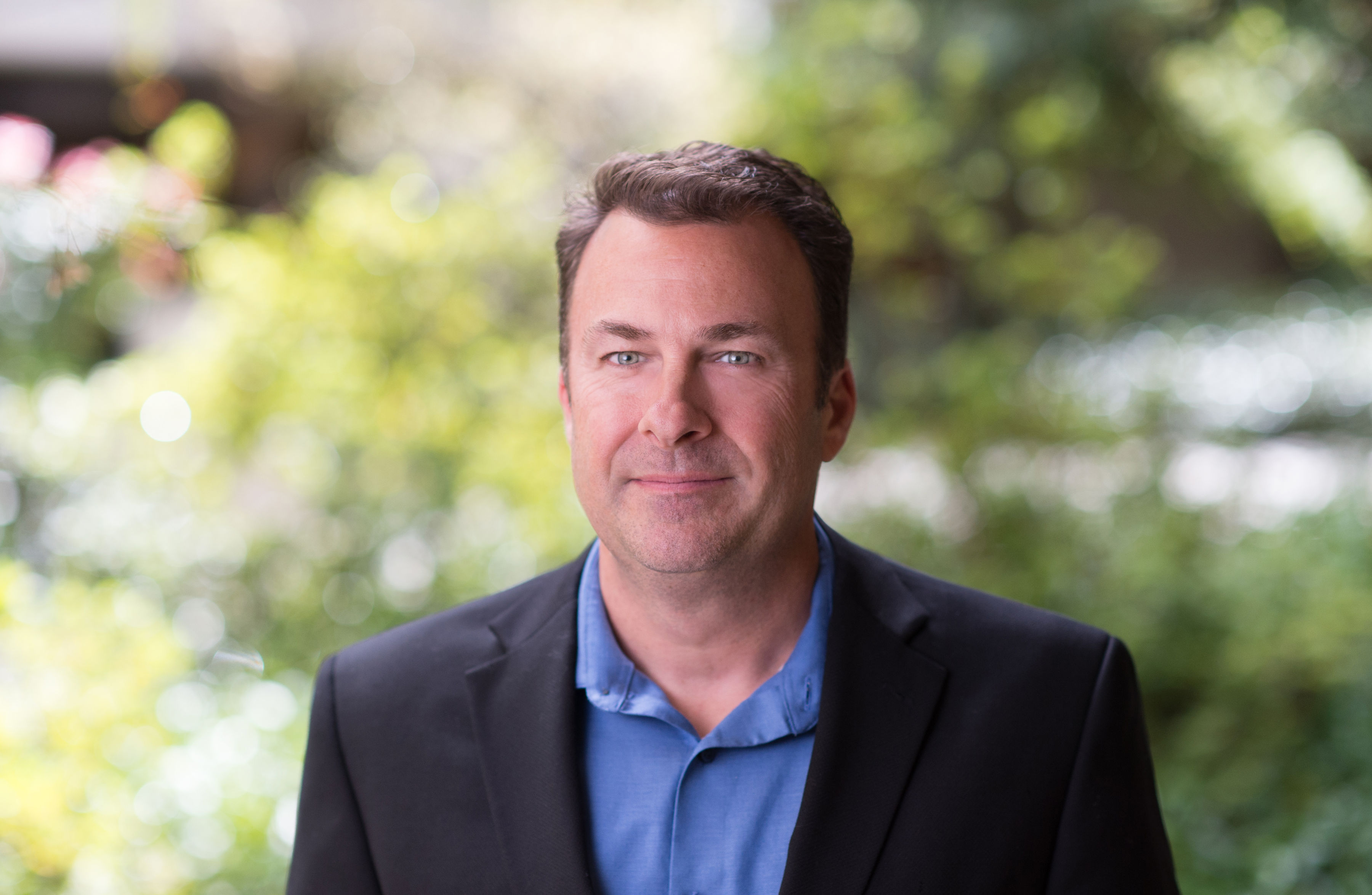
Earlier this month, Meridian CEO John Pollock attended the Urban Land Institute’s 2021 Fall Meeting in Chicago. As a member of the Healthcare and Life Science Council, John had the privilege of meeting at Northwestern’s Lavin Family Pavilion where the group was treated to a keynote presentation by Dean Harrison, Northwestern Memorial HealthCare’s CEO and President. Mr. Harrison provided an inspirational overview of Northwestern’s growth over the past two decades, and some compelling observations he has made throughout the COVID-19 pandemic. John provides his takeaways from the presentation below.
Northwestern Memorial HealthCare
Under Mr. Harrison’s leadership, the system has grown from a single hospital into the academic partner of Northwestern. Over the past 20 years, the system has grown from 4 million to 15 million square feet and opened multiple new hospitals. One of the keys to their success has been effective change management in getting their whole system onto a single platform. This single change has been transformative for Northwestern. Clinical integration was another critical step that drove their growth. Their philosophy is that as a patient enters one door it gives them access to all the doors Northwestern has to offer. Northwestern is now moving service lines into individual business units, pharmacy, labs, radiology, and more. Each unit will serve all 11 hospitals and outside users. Mr. Harrison went on to say that the cottage hospital concept of yester-year is gone. For a system to be successful it needs operational scale and Northwestern is doing just that.
COVID-19
Working on the front lines, Mr. Harrison has been able to analyze the future of healthcare and what is and what is not working. Some of his key observations include:
- Telehealth isn’t going away; it is an integral part of physical care. Tools are going into the home, which will reduce the need for hospital beds.
- Innovation accelerates when bureaucratic systems get out of the way. For example, Medtronic developed a robotic ventilator!
- Talent reveals itself in crisis and folks rise to the occasion. Engineers used their skills to turn buildings upside down – turning non-medical facilities into emergency COVID units.
- Providers were too dependent on certain countries and single suppliers causing supply chain issues.
- Public health needs to be rebuilt in the United States. The mixed messages the public received from the White House vs. local municipalities created confusion and inefficiencies.
- In terms of the workforce, sending people home was easy but getting people back has been hard. People will want more elbow room so growing organizations will need more space…and failing organization unable to adapt will shrink.
- Clinical spaces will need more places for employees to get off the floor to eat and take breaks.
- Consumers want local care until they don’t. If someone has an acute diagnosis like cancer or cardiac, they will go anywhere to get right care.
The main takeaway from this outstanding keynote presentation is that the healthcare industry continues to evolve and change each and every day. As developers we need to keep our finger on the pulse so that we can continue to provide valuable services that healthcare providers need to continue offering critical care to our communities. If you’re interested in learning more about Urban Land Institute, visit Urban Land Institute (uli.org).
Author: John Pollock